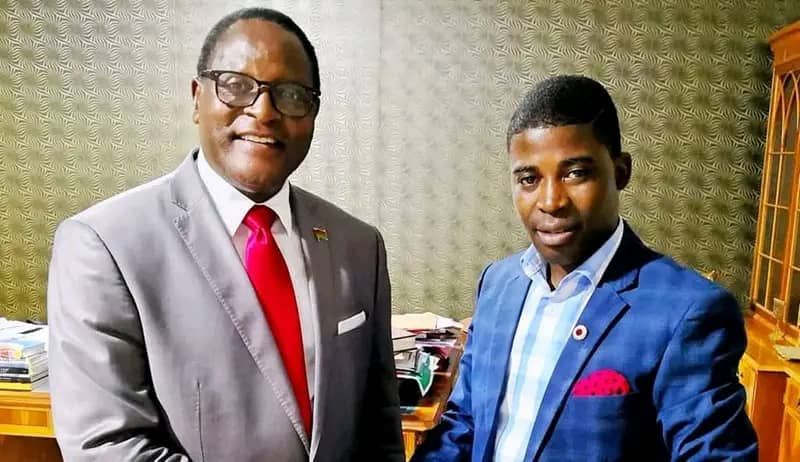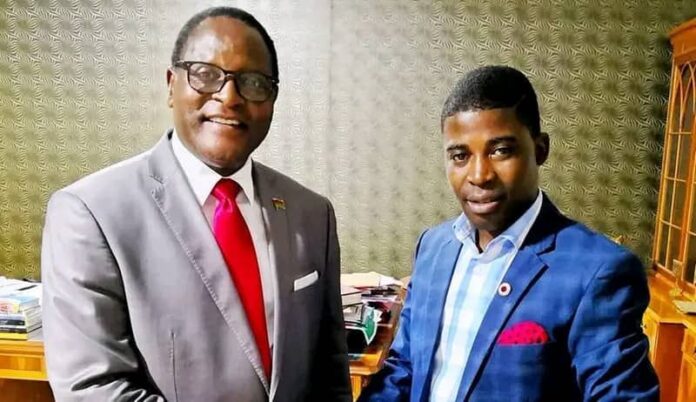By Burnett Munthali
Controversial self-proclaimed prophet Austin Liabunya has stirred public debate once again after claiming that President Dr. Lazarus McCarthy Chakwera will secure a landslide victory in the upcoming 2025 presidential elections.
Liabunya made the bold prophecy on Monday, June 16, 2025, through a post on his official Facebook page. The post quickly gained traction, attracting widespread attention across social media platforms.
In his message, Liabunya declared that God had shown him a vision of President Chakwera triumphing overwhelmingly at the polls, dismissing any notion of electoral defeat for the incumbent.
The prophecy comes just three months before Malawians head to the ballot box in a high-stakes general election scheduled for September 16, and it has triggered a firestorm of reactions online.

While a handful of Chakwera supporters welcomed the prophecy as divine confirmation of the president’s leadership, a large number of social media users were highly critical of Liabunya’s claims.
Many Facebook users dismissed the prophecy outright, calling Liabunya a “fake prophet” and accusing him of seeking attention through political sensationalism. Others questioned the timing of his prediction, suggesting that it was aimed at influencing public opinion in favor of the ruling Malawi Congress Party (MCP).
This is not the first time Liabunya has found himself at the center of controversy. Over the years, he has made several high-profile political prophecies, some of which have sparked debate due to their inaccuracy or partisan undertones.
Critics argue that such declarations blur the line between faith and politics, and can mislead the public under the guise of spiritual authority. Some commentators have even called for regulatory scrutiny on religious leaders who use their platforms for political messaging.
Liabunya, however, remains defiant in the face of criticism. In response to the backlash, he claimed that his prophecy is divine and not influenced by political interests, insisting that time will vindicate his vision.
As the election campaign intensifies, Liabunya’s statement has added another layer of complexity to an already charged political atmosphere. Whether his prophecy proves accurate or not, it has undeniably reignited discussions on the role of religion in Malawian politics.
With tensions rising and voter sentiments still fluid, Malawians are watching closely to see how such public prophecies might shape perceptions—or provoke resistance—as the country marches toward a critical democratic moment.



